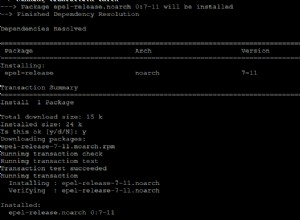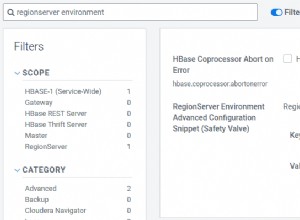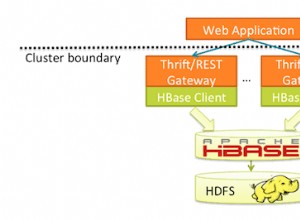A1:Sim, eles usam o mesmo pool de conexões.
A2:Esta não é uma boa prática. Como você não pode controlar a inicialização desta instância. Uma alternativa poderia ser usar singleton.
import redis
class Singleton(type):
"""
An metaclass for singleton purpose. Every singleton class should inherit from this class by 'metaclass=Singleton'.
"""
_instances = {}
def __call__(cls, *args, **kwargs):
if cls not in cls._instances:
cls._instances[cls] = super(Singleton, cls).__call__(*args, **kwargs)
return cls._instances[cls]
class RedisClient(object):
def __init__(self):
self.pool = redis.ConnectionPool(host = HOST, port = PORT, password = PASSWORD)
@property
def conn(self):
if not hasattr(self, '_conn'):
self.getConnection()
return self._conn
def getConnection(self):
self._conn = redis.Redis(connection_pool = self.pool)
Então
RedisClient será uma classe singleton. Não importa quantas vezes você chame client = RedisClient() , você obterá o mesmo objeto. Então você pode usá-lo como:
from RedisClient import RedisClient
client = RedisClient()
species = 'lion'
key = 'zoo:{0}'.format(species)
data = client.conn.hmget(key, 'age', 'weight')
print(data)
E na primeira vez que você chamar
client = RedisClient() irá realmente inicializar esta instância. Ou você pode querer obter uma instância diferente com base em argumentos diferentes:
class Singleton(type):
"""
An metaclass for singleton purpose. Every singleton class should inherit from this class by 'metaclass=Singleton'.
"""
_instances = {}
def __call__(cls, *args, **kwargs):
key = (args, tuple(sorted(kwargs.items())))
if cls not in cls._instances:
cls._instances[cls] = {}
if key not in cls._instances[cls]:
cls._instances[cls][key] = super(Singleton, cls).__call__(*args, **kwargs)
return cls._instances[cls][key]




